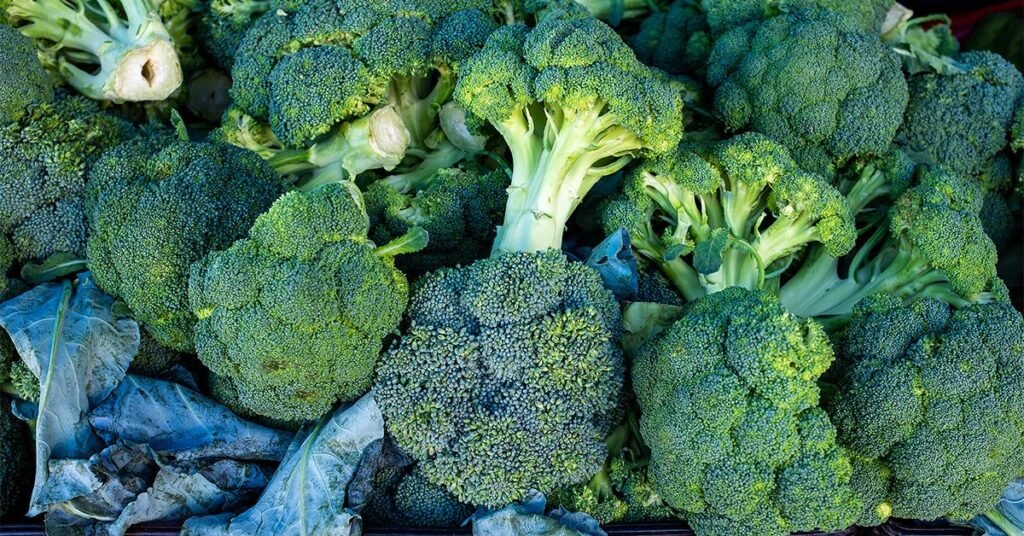High blood pressure, also known as hypertension, is a condition that can increase the risk of heart attack and stroke, making it crucial to control. One way to manage high blood pressure is through dietary changes. In a recent study, researchers examined how cruciferous vegetables, such as kale, broccoli, and cauliflower, compared to root and squash vegetables, impacted blood pressure. The study involved 18 Australian participants between 56 and 72 years old with mild or moderately high blood pressure. Participants filled out dietary questionnaires to establish baseline diets and typical consumption of cruciferous vegetables, as well as data on physical activity and stress levels.
Participants were assigned to two intervention periods, with one period involving consuming four servings of root and squash vegetables per day and the other period involving consuming cruciferous vegetables. Participants consumed the vegetables in soup form with lunch and dinner each day. The researchers found that consuming cruciferous vegetables helped decrease systolic blood pressure during the day after the two-week intervention, although it did not impact nighttime systolic blood pressure. There was an increase in nighttime aortic diastolic blood pressure among participants in the active intervention group compared to the control group. Participants in the active intervention group also experienced a decrease in serum triglyceride levels and an increase in heart rate compared to the control group.
The study suggested that consuming cruciferous vegetables may lead to a reduction in the risk of cardiovascular disease events, such as heart attacks and strokes. Researcher Emma Connolly noted that a 2.5 mmHg reduction in 24-hour ambulatory systolic blood pressure could translate to a roughly 5% lower risk of experiencing a major cardiovascular event. However, the study had limitations such as a small sample size, lack of diversity among participants, and a short duration. Future research is needed to better understand the specific components of cruciferous vegetables that contribute to their positive effects on blood pressure and overall health.
While the study focused on the impact of cruciferous vegetables on blood pressure, these vegetables offer other health benefits as well. Cruciferous vegetables are known for their anti-cancer properties due to glucosinolates, fiber content that helps lower cholesterol and improve gut health, and vitamin C for immune support. Additionally, these vegetables provide vitamin K for blood clotting and folate for red blood cell production. Individuals looking to improve their blood pressure and overall health may benefit from incorporating more cruciferous vegetables into their diet with guidance from healthcare professionals.
To safely make dietary changes for blood pressure improvement, individuals should work with medical professionals to understand their unique circumstances and dietary needs. Cardiologist Christopher Berg recommends sustainable dietary changes over time, such as adding one serving of vegetables to each dinner. For those interested in incorporating more cruciferous vegetables into their diet, nutrition expert Karen Berg suggests trying raw or grilled options, adding kale to smoothies, making salads with brussels sprouts or cabbage, or snacking on raw broccoli or cauliflower with hummus. Variety and creativity in incorporating cruciferous vegetables can help individuals reap their numerous health benefits.

